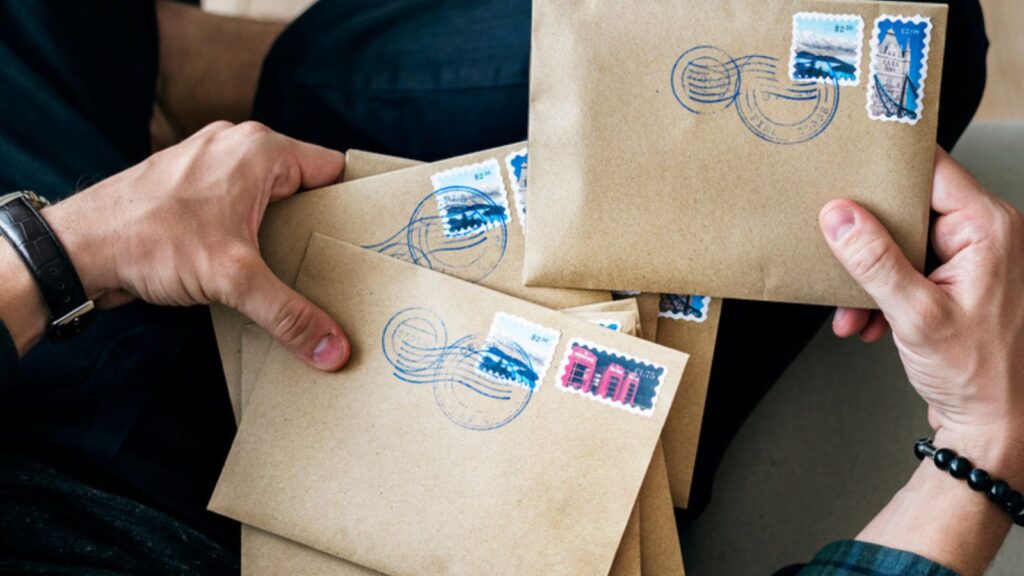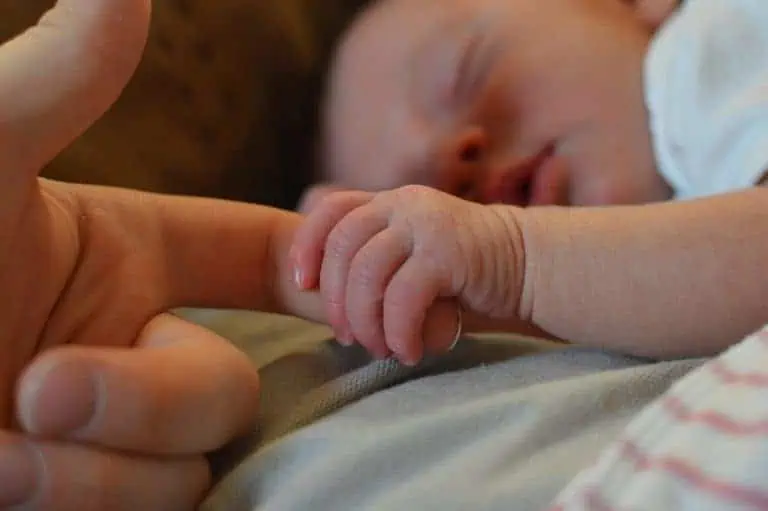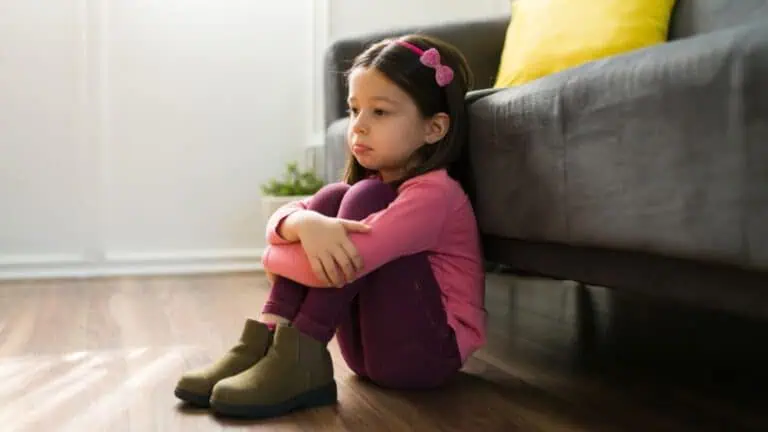14 Reasons Millenials Had Boring Childhoods
This post may contain affiliate links. As an Amazon Associate, I earn from qualifying purchases.
When discussing millennials’ childhood, it’s crucial to know how different their growing-up years were from the other generations. Millennials, born between 1981 and 1996, didn’t grow up with their noses on phones or tablets as Gen Z kids did.
However, despite the lack of digital entertainment, research suggests that millennials are the most nostalgic generation and tend to look back on their memories dearly.
Like Boomer and the Silent Generation, they remember their times as more straightforward, with solid community vibes and everyday life.
But, if you pause and think for a moment, was growing up as a millennial really that exciting, or was it boring? While nostalgia makes everything seem brighter, if you look closer, you might see that things are a little different.
Here are 14 reasons why millennials had boring childhoods.
1. Landline Phones

Growing up as a millennial meant dealing with landline phones. Before getting hooked on smartphones and texting, making plans with friends meant calling them on the family phone and waiting for your turn to use the phone.
It was a whole vibe of excitement and patience. But forget about privacy. Everyone in the house could easily listen to your conversations, making it challenging to keep things private between friends.
2. Limited TV Channels

Millennials grew up with limited TV channels. This means they often had to wait for their favorite shows to air at specific times or watch whatever was on.
This sometimes led to finding favorites by chance. Still, it also led to wasting time watching stuff they weren’t interested in because there wasn’t much else, unlike today, where streaming services offer endless shows and movies for today’s generation to enjoy.
3. No Online Shopping

Millennials may now take for granted the convenience of ordering anything online and getting it delivered with just a few clicks. However, back in the day, online shopping wasn’t a thing. Going shopping was like going to a store, browsing through products, and making purchases in person.
While browsing what you wanted to buy had a charm, it was a tedious process. Plus, you were stuck with fewer choices, and getting what you wanted wasn’t always easy.
This wasn’t just about buying clothes or gadgets, but everything from movies to groceries. Sometimes, it made the process frustrating and time-consuming. It’s a significant change from the fast clicks and next-day deliveries we’re all used to now in the digital era.
4. Helicopter Parenting

Helicopter parenting is when parents are overly involved in their children’s lives. It means controlling the kids’ every move to the point that it becomes suffocating. Millennials, often called the most watched-over generation, grew up when parents were involved in everything from homework to after-school activities and even helping with getting into college.
This move towards more protective parenting was to ensure kids are successful and happy. Still, some debates have also been spiked about how it affects kids’ problem-solving ability and independence.
It also made millennials’ childhood boring as kids couldn’t even play freely because of structured activities and constant supervision.
5. Limited Access to Information

Growing up as a millennial meant depending on libraries, encyclopedias, and other physical stuff for our homework. Which required hours of searching for the correct information and sometimes compromising on outdated or insufficient information.
Thanks to the internet, students have vast resources right at their fingertips for schoolwork and assignments. Moreover, we have tools and tons of stuff to make our tasks easier today. Back in the day, kids had to figure out how to cite sources and give credit for their research correctly, which took a lot of time and effort.
6. Lack of High-Speed Internet

If you are a millennial, you know by heart that in your childhood, it was a real struggle to load a simple website page, let alone watch a video, without losing your mind. For most of them, high-speed internet was a luxury, and kids in those days didn’t have Netflix or YouTube to binge-watch.
In fact, surfing the internet was a real test of patience, especially in the early days of dial up internet. You’d spend hours waiting for things to load.
7. Handwriting Letters

It was a time before emails and instant messaging hit the world. For long-distance relationships, handwritten letters were the main form of communication. Which was far from instant; it involved writing your message on paper, sealing it in an envelope, adding a stamp, and then mailing it with the hope that it would reach its destination in a week or two.
The wait for a reply was even more challenging, stretching days into weeks. While the excitement of receiving a reply was real, it was often overshadowed by the long and uncertain waiting period, which led to boredom and frustration.
8. CD-Rom Games

In the millennial era, playing CD-ROM games as a kid was a mix of excitement and stress. These games took a lot of effort to set up, often needing multiple disks and long waits. And when you finally got the game running, it could crash or glitch, sometimes making you lose all your progress if you hadn’t saved your game.
It’s different from today’s games that save automatically online and let you play on any device. Back then, if something went wrong, you’d have to start over or spend time fixing it. This taught patience and problem-solving but also made playing less fun at times.
9. Waiting for the Weekly Cartoons

Kids these days cannot imagine the level of patience millennials have to watch their favorite cartoons. This waiting game often leads to boredom, especially when the stuff we are waiting for doesn’t live up to the hype or when there are no other fun options.
And if you missed the episode, it meant spending the whole week getting spoilers from friends at school.
10. Changing Landscapes

The changing urban landscapes have affected millennials’ childhood in some way. As cities expanded, parks and playgrounds became less common, making outdoor play harder for kids. Instead of growing up in neighborhoods with many open spaces, many millennials were raised in cities filled with buildings and little access to nature.
With less chance to play outside, millennial kids often turned to indoor activities like video games, computers, or TV for fun. Plus, parents were less eager to let their kids roam the neighborhoods like past generations. The shortage of natural spaces made their childhoods feel more boring or repetitive.
11. Snail Mail Photos

Snail mail photos take us back to the time when we looked forward to getting physical pics in the mail (or having to pick them up from a photo developer). While it was pretty exciting for some, let’s be honest: millennials had to wait forever just to see snapshots from a friend’s birthday or a family trip, half of which ended up being no good.
Waiting around for those moments to arrive by mail made things a tad boring, especially compared to the instant, always-on digital world we live in now.
12. Video Rentals

Getting your hands on a movie meant going to a store, usually after a long day at school or work. Then, there was always the chance that the movie you wanted to watch was already taken, leaving you to roam the aisles looking for a plan B movie, not what you were hyped to see.
This could turn a quick in-and-out trip into an extended, dull mission. Plus, let’s not forget having to rush to return the movie on time to avoid those late fees. Just another tedious task added to the not-so-great experience of renting videos.
13. Simpler Outings

Back then, heading out to places like parks, malls, or a friend’s house needed planning and coordination. Compared to these days, where you can text and use GPS, outings for millennials meant waiting for landline calls and solving paper maps.
Without our usual on-demand entertainment, any delays or changes led to getting stuck, waiting, and ultimately boredom. Although the excitement of going out was there, all these factors could make even a simple plan feel like a big deal.
14. Physical Photographs

Today, even when kids have smartphones and social media, snapping unlimited photos and sharing them with friends worldwide is a breeze. However, it wasn’t the case with millennial kids. They had to work with physical cameras and film rolls to capture their memories.
You only got a few shots per roll and had to wait to develop your photos. If your film got damaged or lost, so did your memories. So, you had to be more thoughtful about each photo you took since you can’t waste shots.
20 Strong Words Parents Should Never Say to Their Kids

Countless adults sitting in a therapist’s office today are grappling with the lasting impact of words spoken by their parents during childhood. Regardless of how you perceive yourself, in your child’s eyes, you are nothing short of the most remarkable thing to happen to them since “skip intro.” This underscores the critical importance of being mindful of what you say to your children, as your words become the small but influential voice in their developing minds.
20 Strong Words Parents Should Never Say to Their Kids
30 Ridiculous Baby Names That Will Be Mispronounced for the Rest of a Child’s Life

Choosing a name for a newborn is a weighty responsibility for new parents, as it wields a profound influence on a child’s identity. Yet, what unfolds when the selected name emerges as undeniably cringe-worthy? Some parents go to great lengths to deviate from tradition, occasionally venturing into the domain of bewilderment, which leaves others puzzled and scratching their heads.
30 Ridiculous Baby Names That Will Be Mispronounced for the Rest of a Child’s Life







